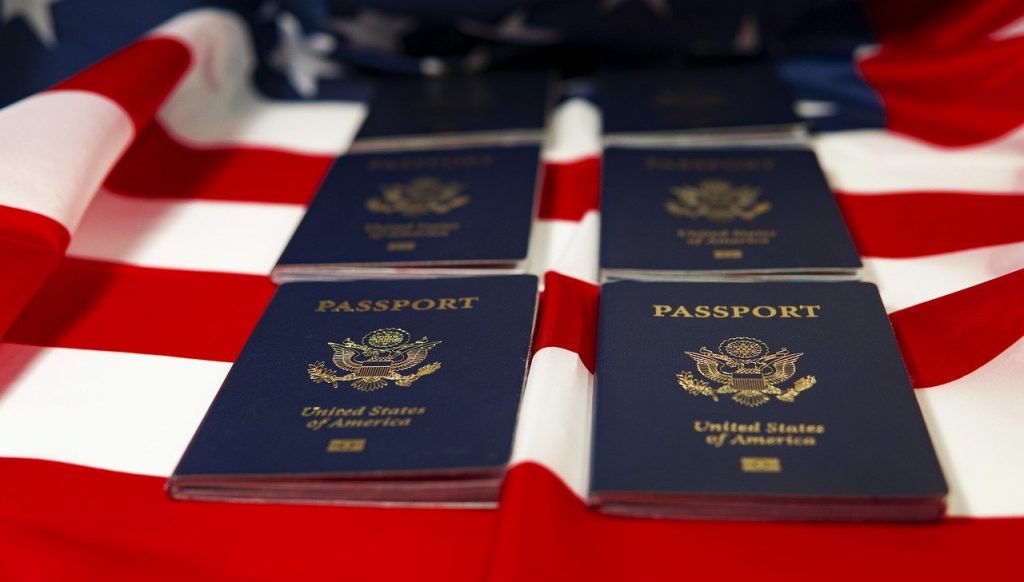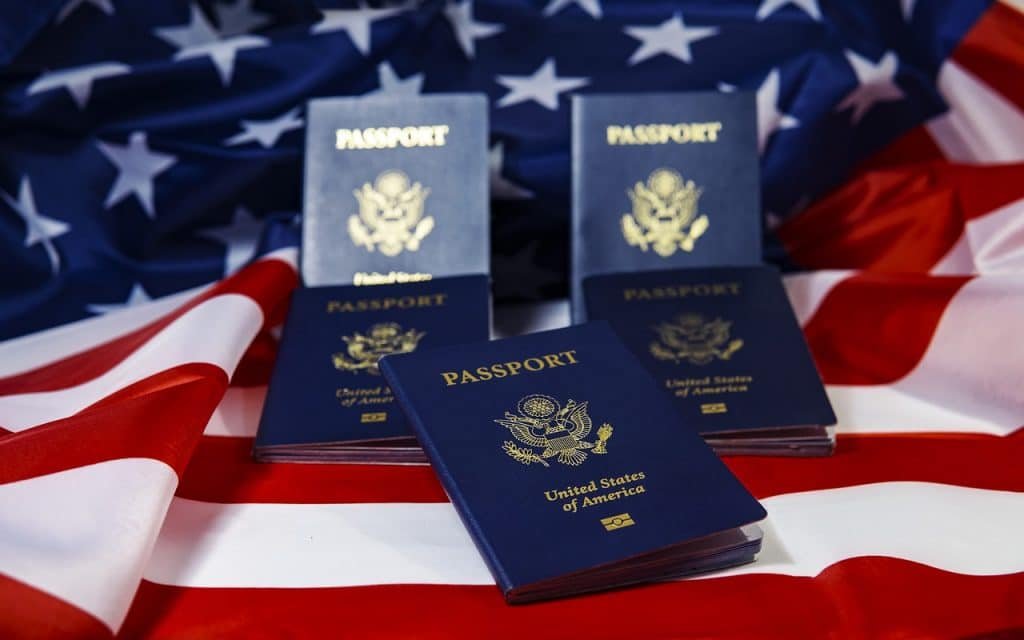It can be hard to keep up with the ever changing immigration laws. It is important for everyone to understand how these laws affect them and their family members, so we have compiled a list of immigration reform facts. What does immigration reform mean? Immigration law affects many different aspects of our lives including education, employment and healthcare opportunities.
What is the purpose of immigration?
Immigration refers to the movement of people into a country from other countries. The purpose for immigration varies depending on who you ask and why they are immigrating, but typically immigrants come in pursuit of better opportunities or living standards than those that exist in their home country. This is often an economic decision made by families so that children can enjoy more educational and career opportunities. Immigration advocates also point out how important it is to bring new perspectives into any society, which helps keep things fresh and innovative as cultures mix together over time.
Some people immigrate for economic opportunity; others are fleeing violence in their home country. Immigrants often have difficulty finding legal employment if they do not have documentation because many employers will discriminate against those who don’t speak English fluently enough or lack a Social Security Number. It’s important to understand how each individual immigrant came here—whether by choice, circumstance or circumstance—because this may dictate what kind of immigration reform they support.
What is immigration reform?
Immigration reform is the process of improving the immigration system to more fairly and effectively meet national needs. Immigration reform is a very broad term that can entail any number of policies or actions, but generally it would include increasing border security measures while also providing immigrants with access to education, work permits and eventual citizenship.
The term “immigration reform” generally refers to policy changes that would make it easier for immigrants living without documentation in the United States, or undocumented citizens as they are often called, to adjust their status so that they may become legal residents with protection from deportation if certain requirements are met.
There have been many proposed reforms over recent years but no single proposal has yet gained enough traction to pass through both houses



What are some proposals for immigration reform?
There is no one “perfect” proposal, but many people have different ideas about how to fix the system. Some want a path to citizenship that includes paying taxes and following national laws while others want border security measures increased first before any other reforms take place. There are also those who want more stringent requirements in order to immigrate legally or only allow immigrants of certain religions into America. In all cases, it’s important for stakeholders to understand what their goals are when proposing an idea because they may not be compatible with another person’s needs or desires.
Some examples:
- *Pathway To Citizenship – This would require immigrants pay back taxes owed on earnings up to the time they apply for citizenship, learn English and pass a background check.
- *Pathway To Citizenship – The U.S. should grant permanent residency to any immigrant who has been living in the country since 2010 or earlier and can prove that he/she is not a terrorist threat by passing an FBI fingerprint screening process

What are the benefits of immigration reform?
There are many different reasons why immigration reform is important. These include economic, social and political considerations that can affect a person’s life in America either positively or negatively. One major issue it deals with is how we decide who to allow into our country – whether its by religion, national origin or other factors. It also asks how much immigrants should have to contribute financially before they’re allowed to become citizens as well as what qualifications need to be met for legal entry like following American laws and paying taxes properly while living here. The amount of work needed varies depending on each proposal but there may be some general agreements people share about shared values such as being law abiding members of society regardless if they are citizens or not, and that they should be able to speak English.
How does immigration reform affect education and employment?
Immigration law affects education opportunities. * There are many different immigration statuses, but not all of them allow a person to study in the United States. For example, undocumented immigrants can’t get federal financial aid for college or apply for an F-visa that would permit studying in the U.S.
Employment prospects are impacted by immigration law.
Undocumented immigrants are not eligible for most government programs, including Social Security and Medicare benefits, welfare payments or unemployment insurance. This can make it difficult to find employment because the U.S.’s strict laws on hiring undocumented workers means that they often lack a social security number which is required in order to be employed.

Who is considered an illegal immigrant?
An illegal immigrant is someone who enters a country unlawfully without any legal immigration status such as being hirable for employment. They also have no right to vote in political elections even if they are living legally within the country’s borders with permission from an employer or another entity which grants them temporary stay. Legally admitted immigrants are people who enter into a nation lawfully through means like visas, green cards, or other documents. This type of immigrant is considered to be a legal resident and therefore has certain rights under the law such as being able. An individual who becomes an American citizen through naturalization or statutory citizenship does not have any immigration status but they are legally allowed to live in America with protection from deportation so long as they respect the laws set forth by that nation’s government.
What does the Immigration Reform and Control Act do?
The Immigration Reform and Control Act of 1986 is an act passed by the United States Congress which has since been renamed to the Illegal Immigration Reform and Immigrant Responsibility Act.
This law creates a set of sanctions on employers who knowingly hire people that are in America illegally.
What has been done about immigration reform?
In 2006, President George W Bush signed the Border Protection, Antiterrorism, and Illegal Immigration Control Act (“Hes Act”) that amended immigration law by adding new enforcement measures and increasing the number of people who could be deported.
In 2013, President Barack Obama signed an executive order to provide relief from deportation for parents of U.S.-born children as well as some groups of immigrants living in the country illegally but meeting specific conditions such as not having a criminal record or being registered with the military service during war time.
The Deferred Action for Childhood Arrivals (“DACA”), which was announced on June 15th, 2012, is one example of what has been done about immigration reform today because it grants two-year renewable deferral from deportation proceedings and eligibility for work authorization to certain unauthorized immigrants under 30 years old who came grants a two-year deferred action and is renewable for up to three years, but the DACA program does not provide permanent legal status.
The immigration reform plan that was recently passed includes measures such as providing protections against deportation of undocumented immigrants who arrived in the U.S. before they turned 18, including those who may be eligible for citizenship by military service; increased security along the border with Mexico; employment verification programs; federal funds allocated to reduce backlogs at state driver’s license bureaus (which are needed when applying for a social security number); and creating new categories of visas which would allow temporary workers from outside the country during periods where there are low numbers of available American workers or agricultural jobs requiring year-round labor.
Articles of interest:




